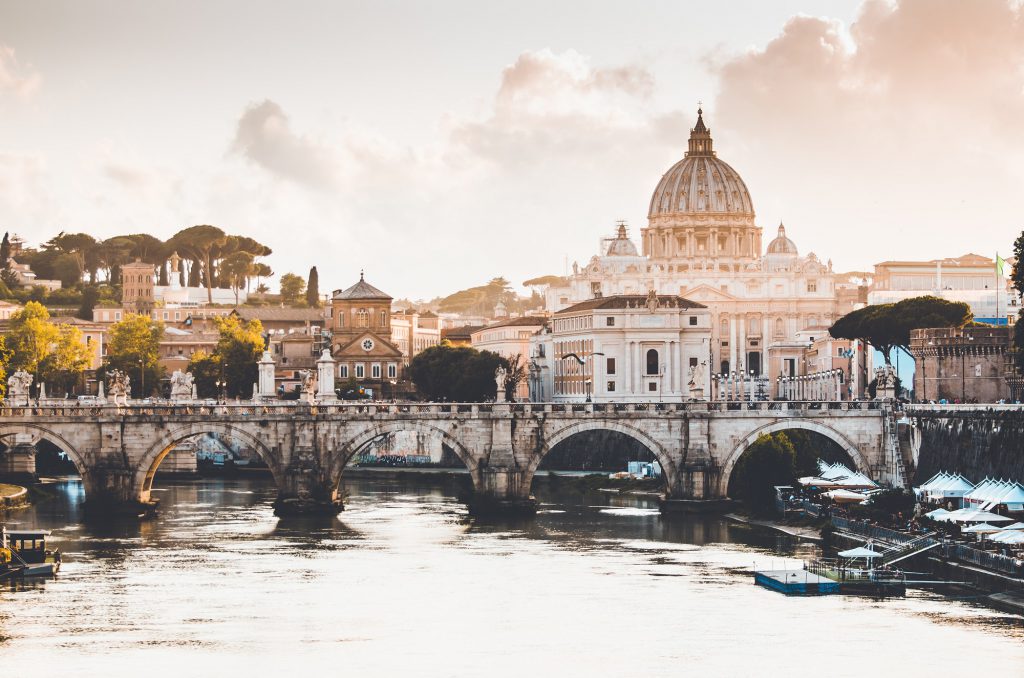
Published July 16, 2020
The past four papal elections haven’t been kind to prognosticators. The 1978 conclaves—which elected Albino Luciani as John Paul I, then Karol Wojtyła as John Paul II—confirmed the adage that “he who enters the conclave a pope leaves it a cardinal.”
In August 1978, the putatively leading candidates didn’t get out of the starting blocks. John Paul I died in September after a 33-day pontificate, and two cardinals favored by the Great Mentioner deadlocked in the October conclave, opening the door to Wojtyła’s stunning election. In 2005 a lot of bettors regretted having bought the progressive Catholic myth that Joseph Ratzinger was unelectable. He led from the start and was quickly elected. Most also were caught flat-footed by the conclave’s choice of Jorge Mario Bergoglio in 2013.
Pope Francis will be 84 in December. Speculation about his successor has been under way since his election—as it always is—but the next conclave appears set to defy conventional wisdom again.
Click here to read the rest of this piece at the Wall Street Journal‘s website.
Mr. Weigel, EPPC’s Distinguished Senior Fellow and William E. Simon Chair in Catholic Studies, is author of “The Next Pope: The Office of Peter and a Church in Mission,” just out from Ignatius Press.











